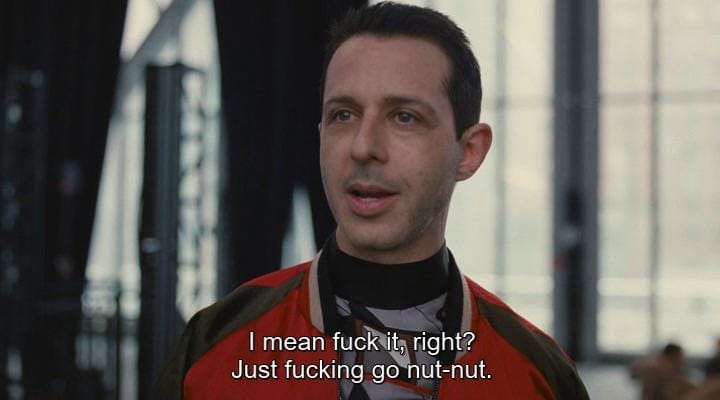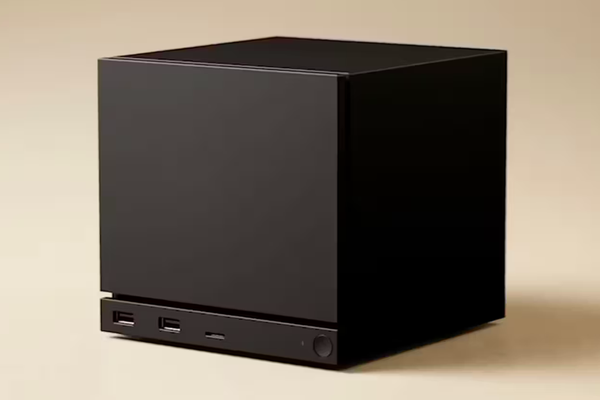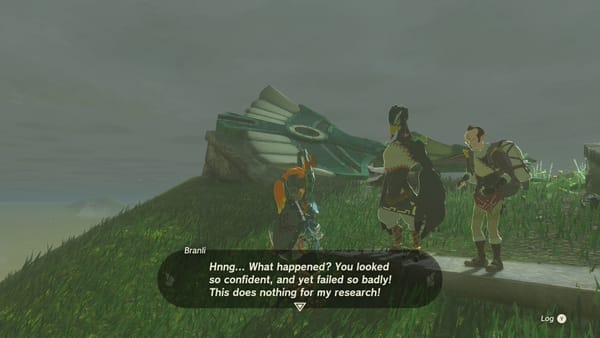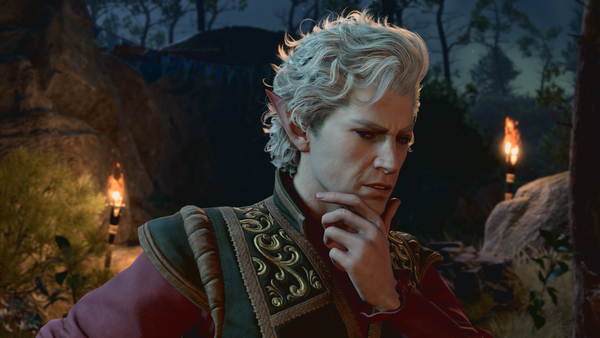#86: Gigaton
Snap thoughts on Microsoft's $68.7bn (!!) acquisition of Activision Blizzard (!!!).

“The big three — Activision, Ubisoft and EA — are collectively creatively moribund, mired in scandal, and crucially, are no longer reliable hitmakers. Their influence and impact on the shape of the game industry has, I would venture, never been smaller. I am not saying the writing is on the wall, exactly. But the spray paint and stencils are at least on order.”
An idiot, there, writing last November on the waning relevance of the traditional publishing titans. Shows what I know, eh. Still quite proud of that bit about the stencils, though.
Oh, in case you somehow haven’t noticed, Microsoft is acquiring Activision Blizzard for $68.7bn. I am still trying to make sense of it all, honestly, but herewith some preliminary thoughts.
I am not as embarrassed by the above excerpt as you might think. Microsoft isn’t simply buying Activision Blizzard as it exists today — a scandal-mired, faded hit factory riddled with cultural and production problems where anything that fails to bring in a billion dollars a year is seen as a failure. Microsoft is not merely buying Call Of Duty, Candy Crush and World Of Warcraft. It is also buying Tony Hawk’s Pro Skater, Tenchu and Spyro The Dragon; Starcraft and Pitfall and Crash Bandicoot. It is buying Project Gotham Racing and Geometry Wars, King’s Quest and Gabriel Knight.
It is buying a raft of IP in which Activision Blizzard as we know it — or at least, as we knew it yesterday — simply has no interest. But there is a whole lot of sense in a back catalogue of such breadth and strength being under the control of a company building an irresistible subscription service — and has an army of internal studios to which those properties could in theory be assigned — than one laser-focused on topping the sales charts. I’m not particularly interested in having all the CODs on Game Pass, but I think the future trajectory of the service as a whole just got an awful lot more interesting, in theory at least.
There are plenty of other advantages. The King component is enormous, of course, giving Microsoft an immediate seat at the top table on mobile. There is also, I am sure, a substantial dividend here in terms of data, and the gathering of it. There is a tremendous market advantage in taking Call Of Duty away from PlayStation, though with my (admittedly home-made) legal hat on I can see COD staying multiplatform, at least for a while, to keep the antitrust bods at bay (a fun aside: how many respected, big-budget FPS developers can you name that aren’t now owned by Microsoft?). And if we assume that Microsoft has been coveting Activision from afar for a while, there’s probably no better time to do it than right now. Its share price had, until today’s predictable spike, fallen by over 30% in the last 12 months.
So, yes. Lots of good stuff here. So… why am I so grossed out by it?
Obviously it’s a pornographic amount of money. Hit Points has been sounding the alarm over the game industry’s consolidation obsession for a while now, but this is a whole new level and its implications are worrying. And of course the idea of Bobby Kotick parlaying what should have been a career-ending scandal into the payday of his life is unspeakably nauseating. But there’s more to it than that, and I’m still trying to work out just what’s making me so uneasy about it all. Let us think out loud for a while, in order to try and make sense of it.
Kotick said on the investor call following the announcement that Microsoft had made the first move. Did the approach come before the misconduct scandal broke, or after it? If the former, what convinced Microsoft it was worth moving forward with the deal, rather than just walking away from a company that was clearly damaged goods? And if the latter, what was the point of all that ‘evaluating all aspects of our relationship’ gubbins that Phil Spencer said to staff when the news came to light? Either Microsoft learned it was in talks to buy a company full of abusers and decided to carry on anyway, or it saw the news and sensed a bargain. Neither of those sit right with me.
See, Microsoft isn’t just buying a company, or all those games I listed up top. It is buying several government lawsuits, a number of battered brands, a beleaguered workforce and an increasingly irate community. After all the fine work put in to repair the Xbox image in the years since Spencer took over, this is a hell of a risk. He has just made himself accountable for another clean-up job — one that is going to be a lot trickier to pull off — and he has spent the best part of $70bn for the privilege.
I suppose the fundamental question here is: does this acquisition detoxify Activision in the eyes of the gaming community, or does it toxify Microsoft by association? I don’t know where I stand on it just yet. I suppose there is in theory no more efficient way to cleanse the Activision name than this, but that does not mean it happens instantly, and it will certainly not happen easily. Absorbing a company of Activision Blizzard’s size into one the size of Microsoft would be a long, difficult job even if both companies were perfect. How much work needs to be done before that process can even begin? The price-tag may imply that Microsoft is buying a palace, but in many ways it has just signed the deeds on a teardown.
Until today Microsoft had given the impression of a benevolent, even bohemian parent — one happy to let its purchased studios carry on as they were, supporting and empowering them rather than insisting they change their ways. That is simply not an option here. Today Microsoft has not simply announced its intention to acquire Activision Blizzard. It has also, in doing so, implicitly promised to fix it. Is that a good bet? I’m not sure. I’ll take a new PGR though, absolutely.
MORE!
- Are you kidding? No. We’ll do this tomorrow. Bye!





